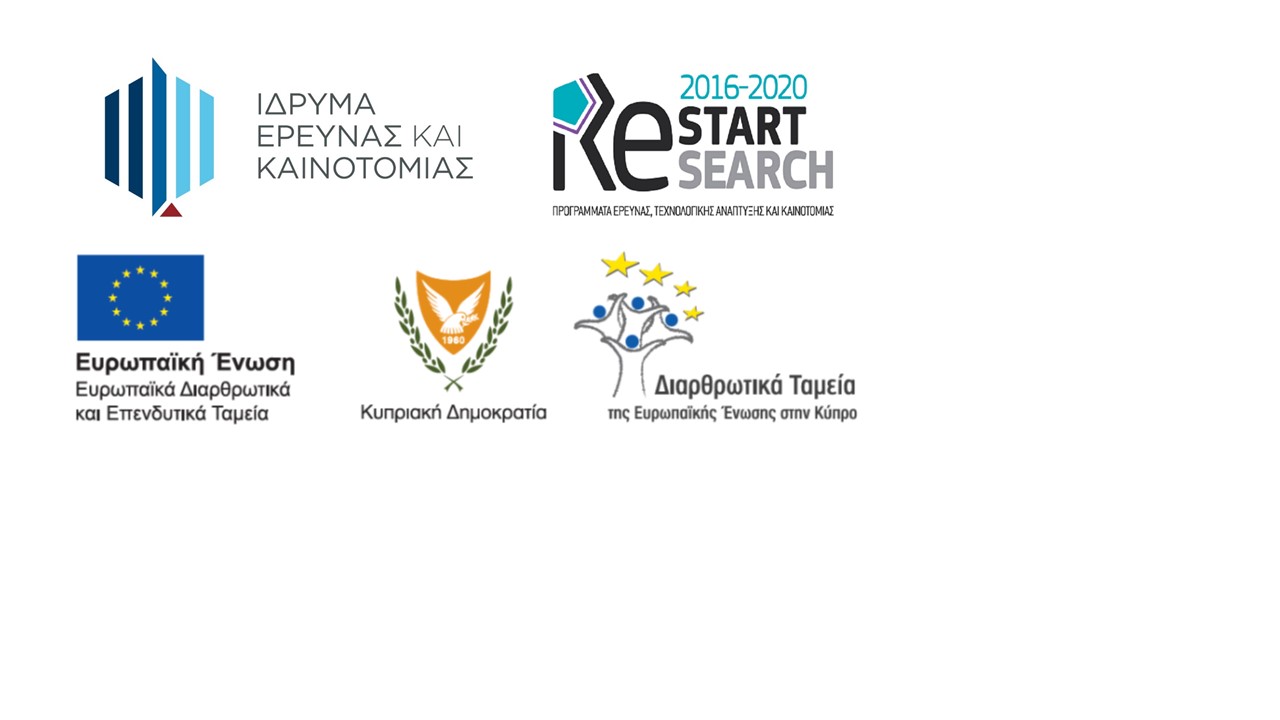COROSIS
“Is there a link between metal ion release and in-stent restenosis?”
(INTERNATIONAL/USA/0118/0057)
Despite a considerable clinical and investigative emphasis on the problem of in-stent restenosis (ISR), complications arising from the interaction of stent materials with the surrounding vessel wall, remain a significant problem. Metal implants experience different levels of wear and corrosion due to the mechanical and biochemical environment at the site of implantation. Given the large number of stents implanted annually, investigating the potential mechanisms and regulatory factors involved in the development of in-stent restenosis is of significant importance. The proposed project aims to evaluate the vessel inflammatory response to stent in vivo corrosion through a direct model of murine in situ stenting in order to study the concentration of released nickel ions from cardiovascular stents over time. Nickel leaching will be investigated for different stent designs/geometries and across a wide range of surface process conditions and implantation time points. The vessel inflammatory response to biocorrosion will be evaluated via in vivo imaging and immunohistochemistry. Atomic force microscopy (AFM) studies will also be performed to characterize the mechanical properties of live lymphocyte cells. The results of this multi-level analysis will effectively enable us to investigate the connection between the level of nickel ion release, the associated inflammation, and factors thought to initiate in-stent restenosis (ISR). The collaboration on this common task is expected to accommodate knowledge transfer and exchange, developing productive synergies that will make the involved institutions, Cyprus University of Technology (CUT) with the University of Alabama at Birmingham (UAB), more competitive at an international level. The proposal will strengthen the ties between the two Institutions and will provide joint prospects for securing international funding and exploring intellectual property opportunities to benefit the competitiveness of the Cyprus economy.
Consortium: Cyprus University of Technology (HO) and University of Alabama at Birmingham (FRO)
Duration: 2019-2021
Total budget: €73,098
Funding Agency: The Project is co–funded by the European Regional Development Fund and the Republic of Cyprus through the Research & Innovation Foundation.


